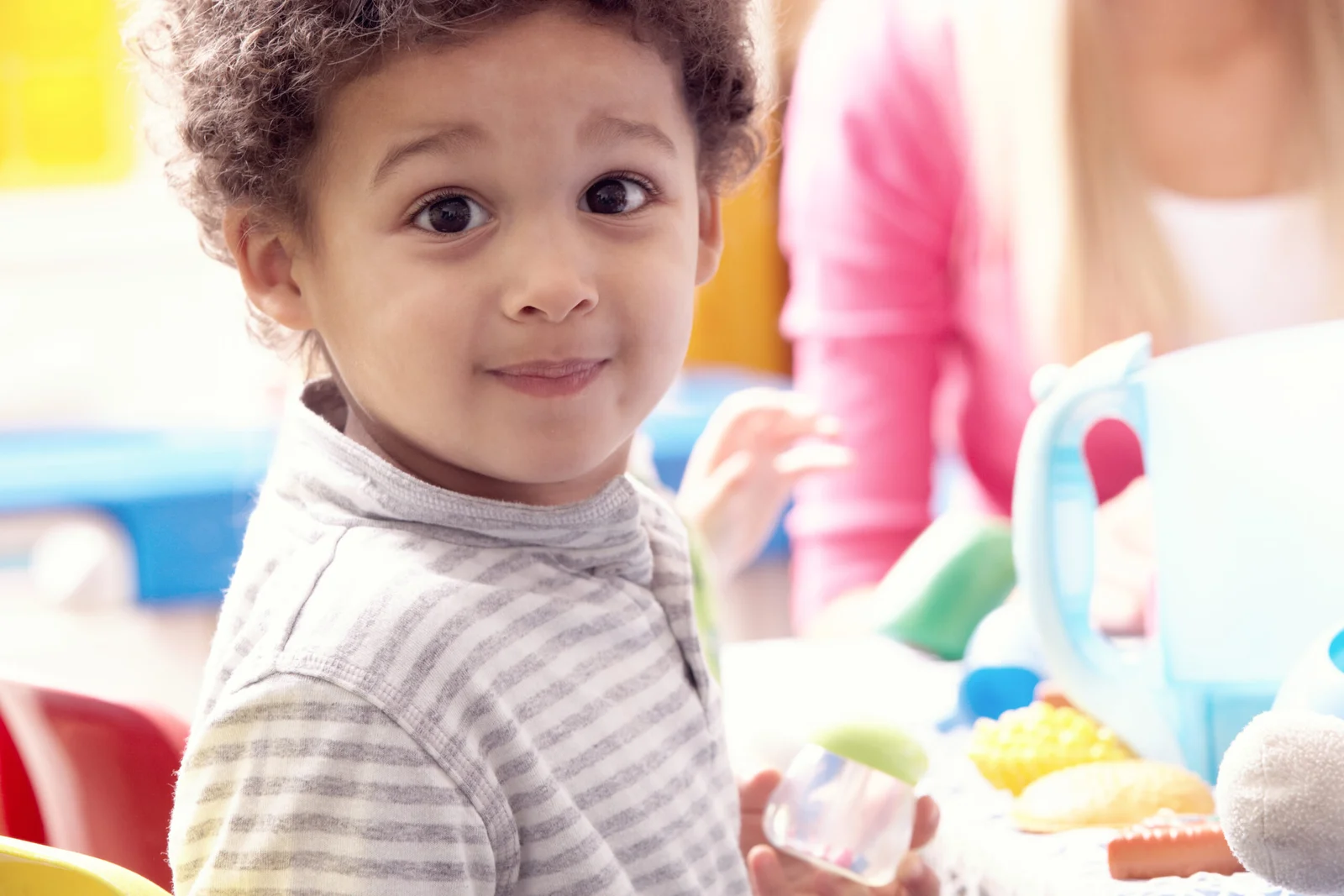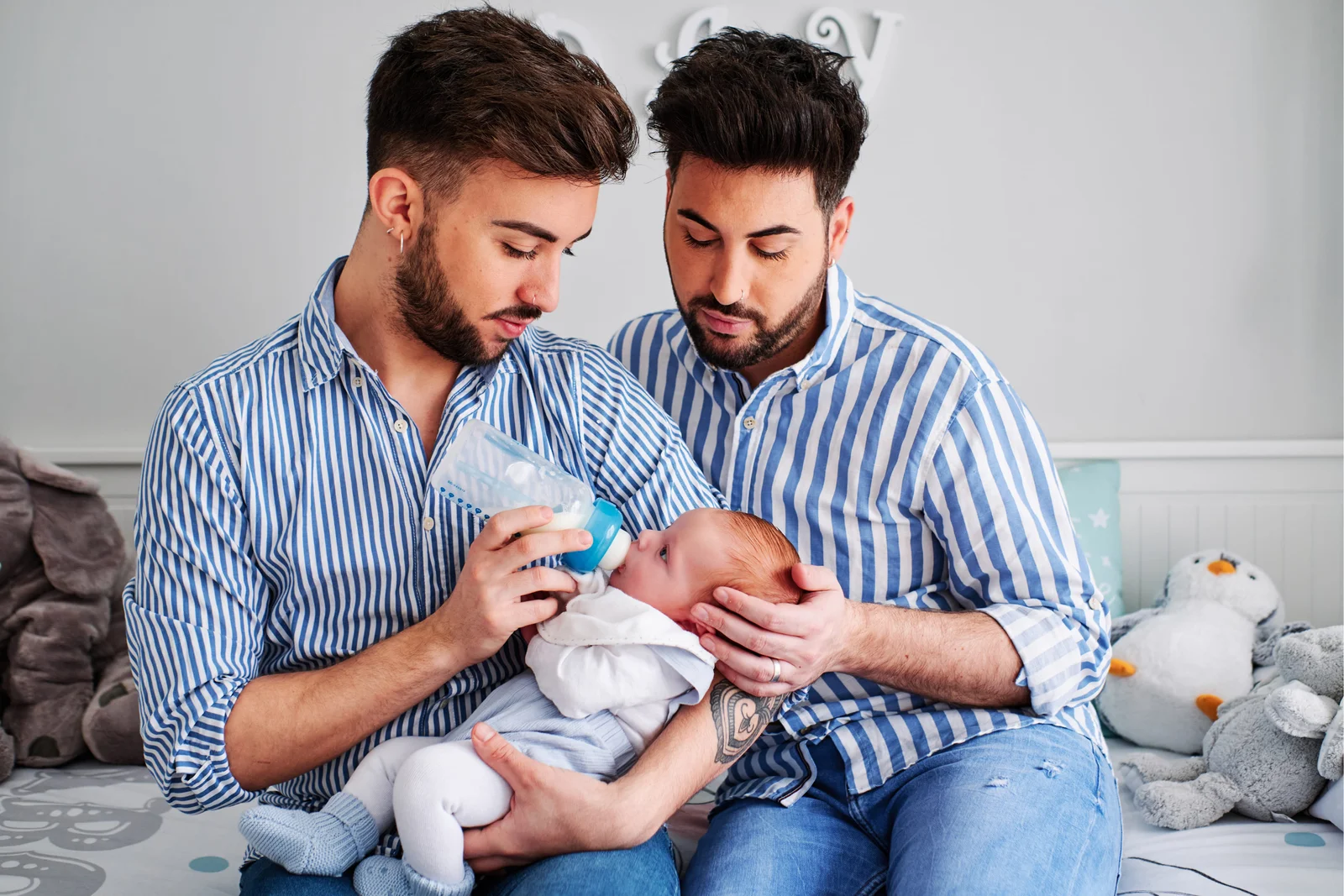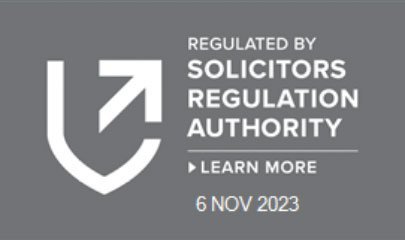What is a Parenting Plan?
A parenting plan is a written record of the agreement made between parents about how they will care and provide for their children following a separation.
What does a typical Parenting Plan include?
A parenting plan includes the basic information identifying both the parents and the children.
It sets out the practical day-to-day arrangements for each child. It is essential to include information on living and care arrangements, such as who the child will live with and who the child will spend time with. It is important to cover specific details like how much time the child spends with each parent, what times and days as well as the arrangements for birthdays, holidays and special occasions.
It can also cover arrangements for how care for sick children or isolating children will be divided between the parents and their respective homes.
Comprehensive plans can go on to include information such as who will be responsible for communicating with the nursery, school, doctors and dentist.
It is not unusual for a plan to contain information on pocket money, maintenance for children and what will happen if one parent’s financial circumstances change.
The parenting plan can also set out how the parents will communicate with each other, such as what method of communication they will use and how frequently.
The advantages of a Parenting Plan
In a situation where there are no safeguarding concerns, a parenting plan can be a great benefit to assist a positive co-parenting relationship. This is because a parenting plan encourages the parents to remain child-focussed, which is extremely important in separation.
It sets the agreement out clearly which can provide consistency, and this can help the child get used to their new circumstances.
In formulating the parenting plan both parents will have to determine their approach to big decisions like how they will decide on schools, medical care and communication. This means that further down the line when these issues arise, there is already the framework for how to deal with them and you can side-step unnecessary stress and conflict.
The greatest benefit is that a parenting plan is unique to your family and gives the parents full control over how they will deal with all decisions for the children in every circumstance. It can be varied very easily between the parents as the children’s needs change and develop over time and tailored to each child.
How to create a Parenting Plan
There lots of useful guides online to help support you with creating a parenting plan. The most comprehensive one is available free of charge on the CAFCASS website, you can access it here.
Ideally, both parents would be able to sit down and work through the parenting plan guides and worksheets together. Where things are more difficult after a separation it may be helpful to have support of a trusted mutual family member or friend to act as a neutral third party. Family mediators can also assist with creating a parenting plan for your family.
Where things are extremely difficult, solicitors can help you to negotiate a robust parenting plan.
Do we really need a Parenting Plan?
A parenting plan is an extremely useful tool as it helps parents to look at future scenarios and decide how they will act in advance, which can take pressure off them and their children in the moment.
Whilst it is not legally binding, the court does ask if there is a parenting plan in place on child arrangement application forms and this can be very persuasive as the intentions of both parents are clearly documented.
What is the difference between a Parenting Plan and a Child Arrangements Order?
A parenting plan is simply an agreement between the parents and can be changed at any time. On the other hand, a child arrangement court order is legally binding. This means that it should be viewed as a law upon your family. If one parent does not follow the court order, without varying it in court or without valid reason, then it can be enforced by the authorities. The parent breaching the court order may be held in contempt of court and receive penalties such as fines, community service and even imprisonment.
Is it possible to have a Parenting Plan Court-Ordered?
It is possible to have the living arrangements and contact arrangements recorded in a Child Arrangement Consent Order so that the parents have the certainty of knowing that their agreement is legally binding and enforceable.
As the children grow and parents enter new relationships, circumstances can change so recording the arrangement as a consent order can provide a level of reassurance that both parents will continue to remain child focused and commit to their agreement irrespective of what the future may bring.
Legal Advice
If you find yourself in need of assistance with your child arrangements and would like some advice on whether a Parenting Plan or Child Arrangements Court Order could be beneficial in your circumstances, please get in touch. Our specialist knowledge and proven results with child arrangements can help you to navigate through this difficult time.
If you would like to speak confidentially to our team of family solicitors you can call 020 7993 2936 to schedule an appointment or make a Contact Request here.
































































